1. Important Paperwork

Decluttering experts often promote going paperless, but Forbes warns that some documents must always be kept in physical form. Birth certificates, passports, tax returns, and property deeds are essential for legal and financial matters. Even if you have digital copies, many institutions require original documents for verification. Tossing them could mean costly replacements or delays when you need them most.
Keeping these papers organized in a fireproof safe ensures they remain protected from damage or loss. It’s also wise to store hard copies of insurance policies, medical records, and warranty documents in an accessible but secure place. You never know when you might need to reference them quickly.
2. Family Heirlooms
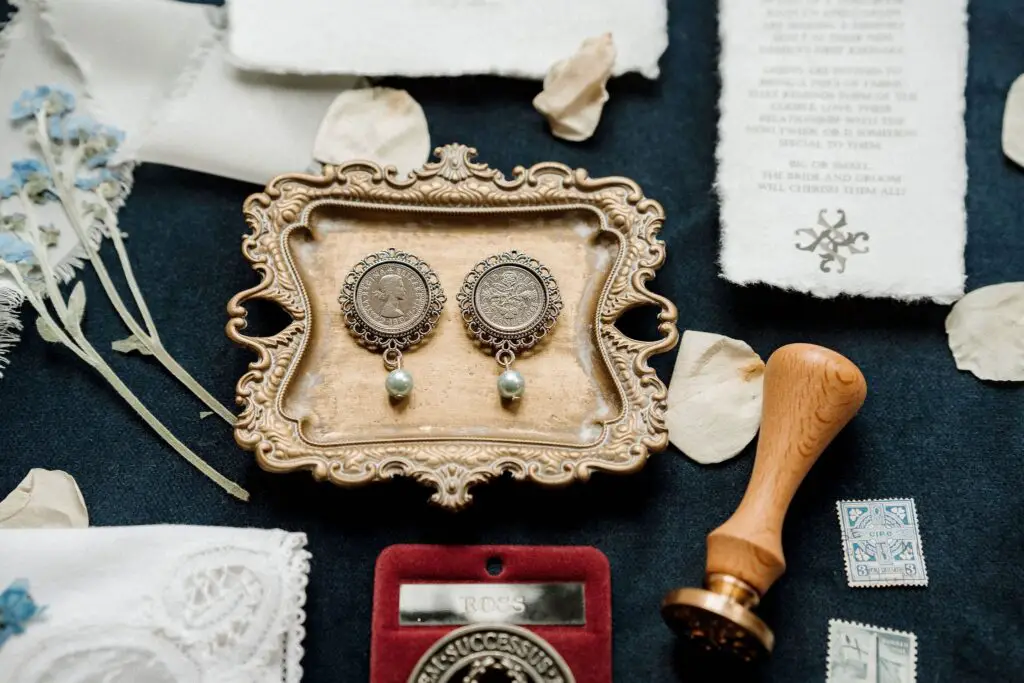
Heirlooms hold sentimental and historical significance that money can’t replace. Whether it’s your grandmother’s wedding ring, a vintage watch, or an old quilt, these pieces connect generations. Even if they aren’t currently in use, they could become cherished possessions for future family members.
Instead of discarding heirlooms, consider ways to integrate them into your home. Antique furniture can be refinished, jewelry can be reset into modern designs, and old letters can be framed as décor. If storage is an issue, pass them on to relatives who appreciate their significance.
3. High-Quality Kitchen Tools
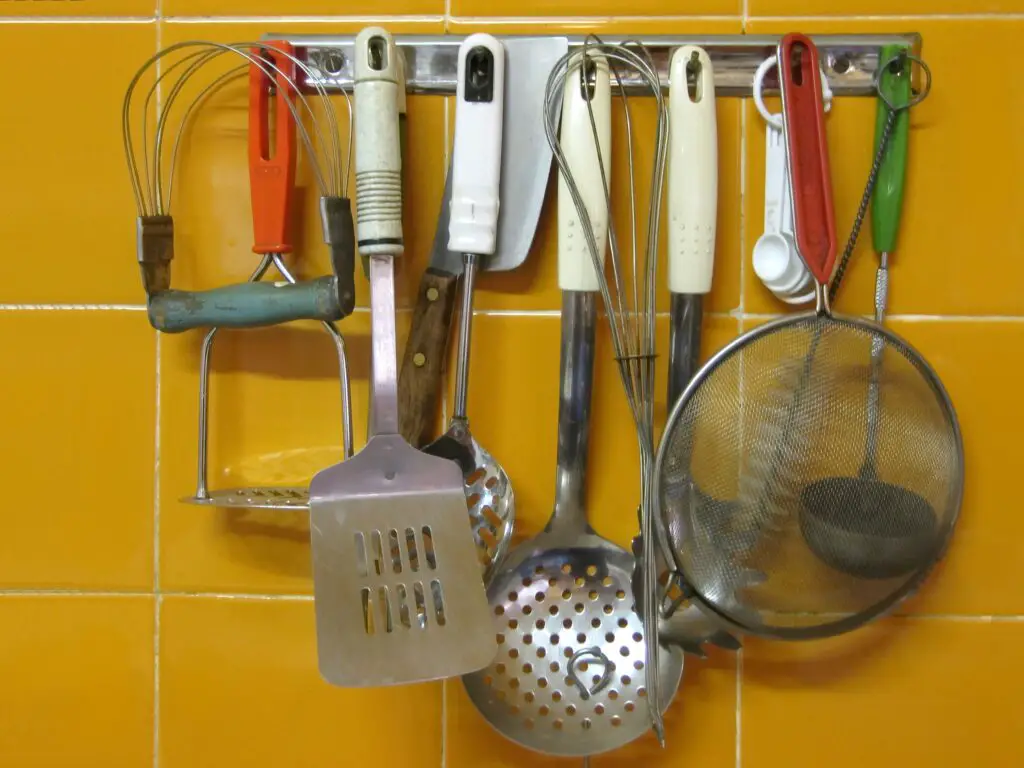
The Spruce Eats advises against tossing durable kitchen tools, even if they aren’t used daily. Cast iron skillets, stainless steel knives, and copper cookware often last for decades and can improve with age. Unlike cheaper alternatives, these high-quality items can be restored rather than replaced, saving you money in the long run.
If your kitchen feels cluttered, consider better organization instead of purging valuable tools. A well-maintained Dutch oven or a vintage hand-crank pasta maker may not be used every day, but when the right occasion arises, you’ll be glad you kept them.
4. Classic Clothing Pieces
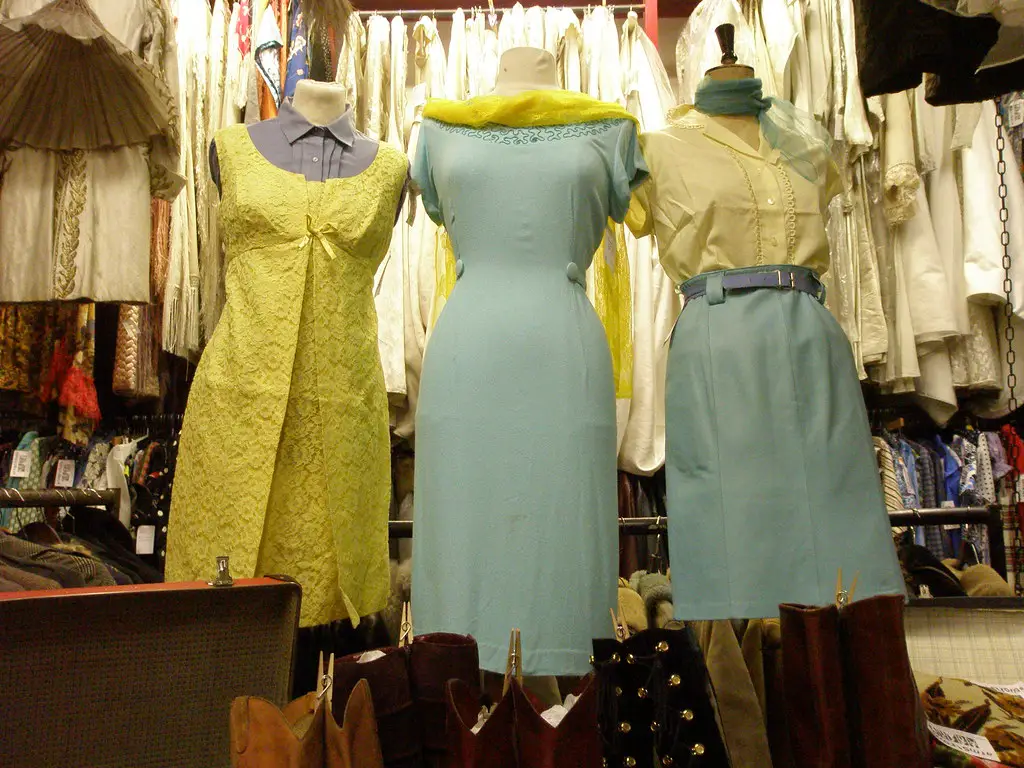
Fashion is cyclical, and well-made classic pieces never truly go out of style. A tailored blazer, a leather handbag, or high-quality denim might seem outdated now, but trends tend to come back around. Investing in timeless clothing means you’ll always have wardrobe staples on hand.
Beyond fashion, vintage and designer clothing can also retain significant resale value. Instead of tossing well-made garments, store them properly to prevent damage. Future you—or even your children—might appreciate these iconic pieces.
5. Spare Buttons and Fabric Scraps
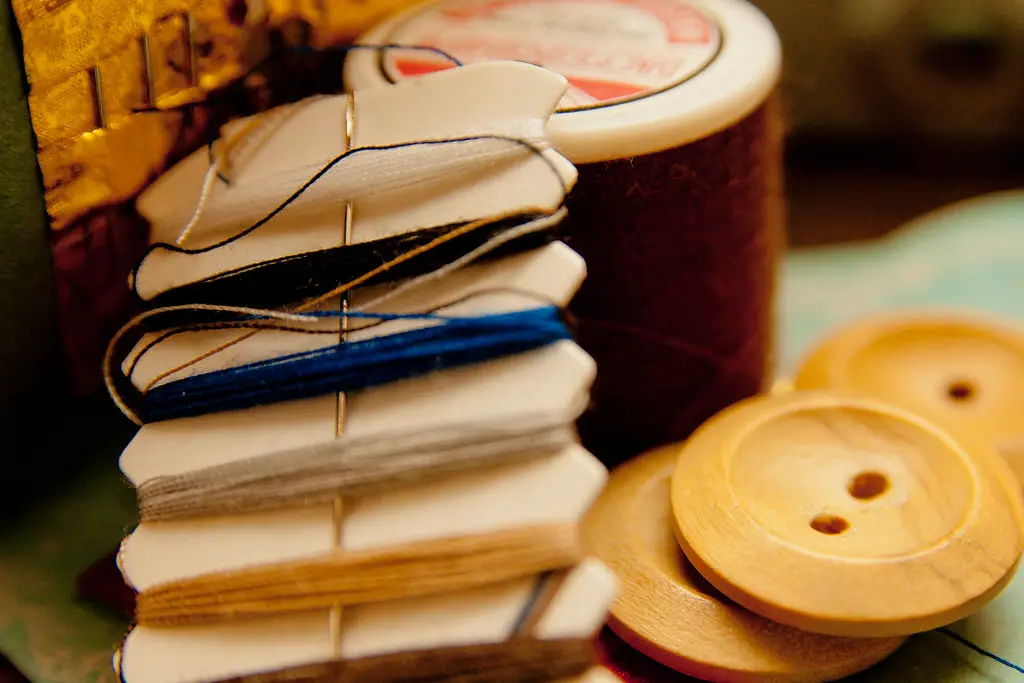
It may seem insignificant, but spare buttons and fabric scraps can be lifesavers. Many clothing manufacturers include extra buttons for a reason—losing one from a coat or blazer doesn’t have to mean replacing the entire garment. Keeping these extras can extend the life of your wardrobe and save you money on unnecessary repairs.
Fabric scraps are just as useful, whether for patching up minor tears or creating DIY projects. Even if you don’t sew, a tailor can use these materials for seamless fixes. A small sewing kit with buttons and fabric pieces takes up little space but can prove invaluable.
6. Sentimental Gifts
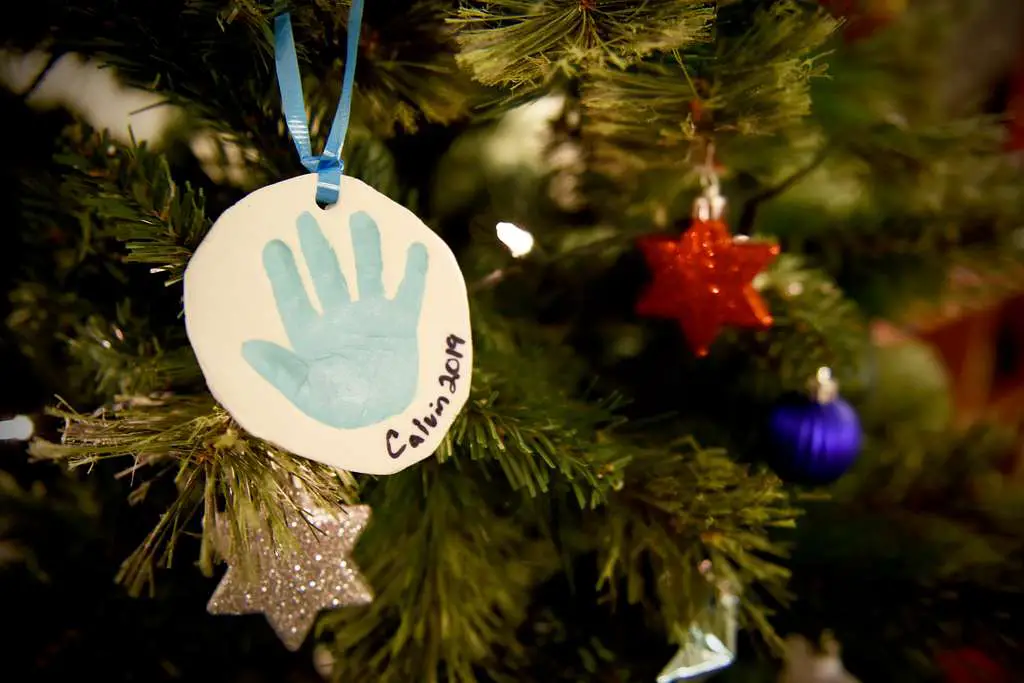
Not every gift needs to be practical to be worth keeping. Sentimental presents—such as handwritten letters, handmade crafts, or souvenirs from loved ones—hold emotional value that can’t be replaced. These items serve as tangible reminders of relationships, special occasions, and meaningful moments.
If you’re struggling with storage, consider keeping a designated memory box for these treasures. Over time, you’ll likely appreciate having these mementos, even if they don’t serve an everyday purpose. A minimalist home may be appealing, but an entirely emotionless one isn’t.
7. Books You Love
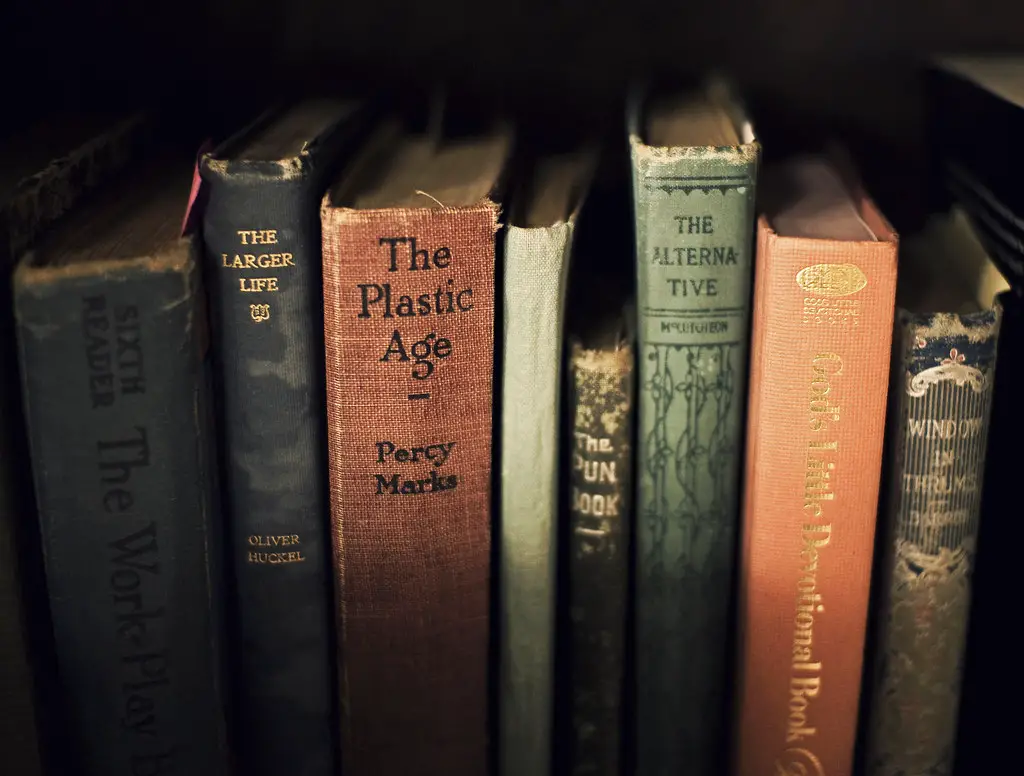
Decluttering methods often suggest keeping only the books you plan to reread, but true book lovers know better. A personal library isn’t just about reading; it’s about preserving knowledge, memories, and inspiration. Getting rid of books too quickly can lead to regret, especially if they are hard to replace or hold sentimental value.
If shelf space is limited, consider creative storage solutions rather than purging your collection. Vertical shelves, under-bed book bins, or even decorative stacks can help maintain your literary treasures without overwhelming your space.
8. Vintage Furniture

Older furniture pieces often boast better craftsmanship than modern, mass-produced alternatives. A well-made wooden dresser or an elegant mid-century coffee table can last for decades and add character to a space. Many older pieces can be refinished, repainted, or reupholstered to match evolving styles.
Before discarding vintage furniture, consider how it might be repurposed. A fresh coat of paint or new hardware can transform an outdated piece into something stunning. Plus, well-built furniture is becoming harder to find, making these items increasingly valuable.
9. Handwritten Notes and Cards
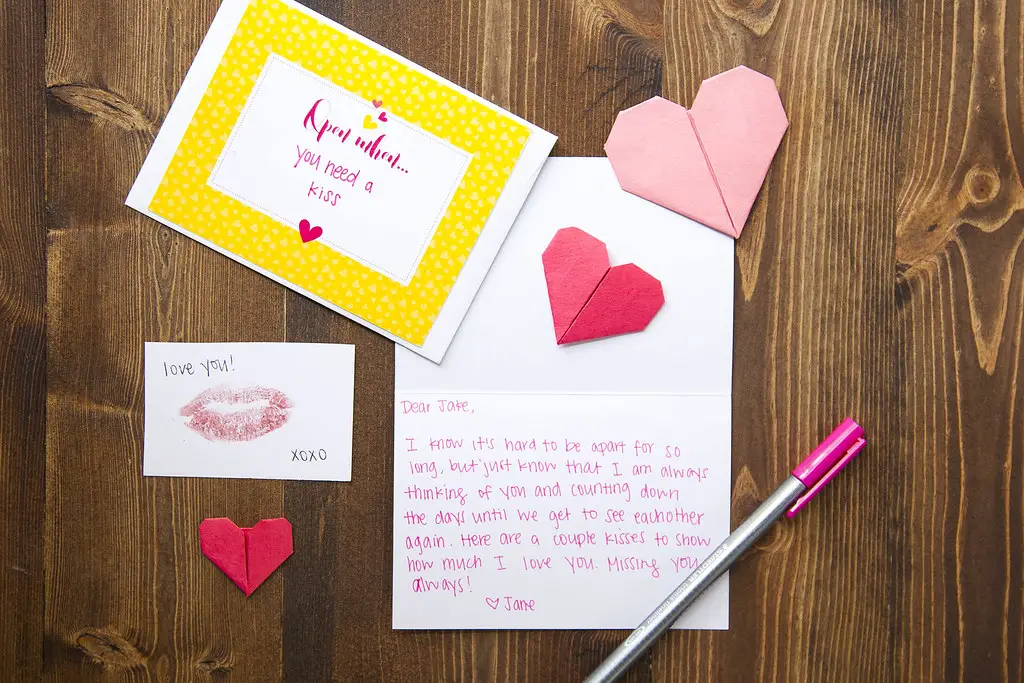
Emails and texts may be convenient, but they lack the personal touch of a handwritten note. Whether it’s a love letter, a birthday card, or a note from a late family member, these keepsakes capture emotions in a way digital messages simply cannot. The physical act of writing, folding, and sending a card carries meaning that goes beyond the words themselves.
Even if you don’t display them, storing special notes in a keepsake box ensures you can revisit them later. A heartfelt message from a loved one can bring unexpected joy years down the line, reminding you of shared moments and emotions. If space is an issue, consider scanning them for digital preservation while still keeping a few of the most meaningful ones.
10. Outgrown Baby Clothes and Items
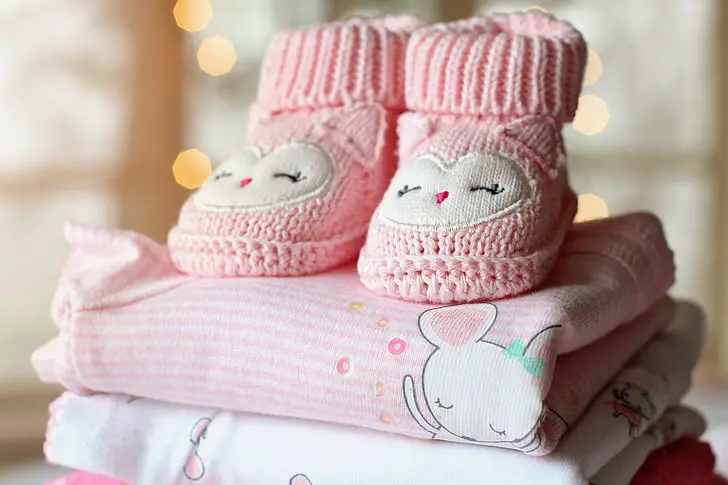
If you have children, holding onto a few special baby clothes or toys can be deeply meaningful. While it’s practical to donate or pass down everyday items, sentimental pieces—like a first outfit, baby blanket, or beloved stuffed animal—deserve a place in storage. These small keepsakes serve as reminders of fleeting early years and can bring warmth long after your child has grown.
Additionally, baby items can be repurposed in creative ways rather than discarded. Some parents turn baby clothes into quilts, frame tiny shoes as artwork, or keep a cherished toy to pass down to future generations. If you’re unsure about parting with them, place them in a memory box and revisit them when you’re ready.
11. Unique Home Décor
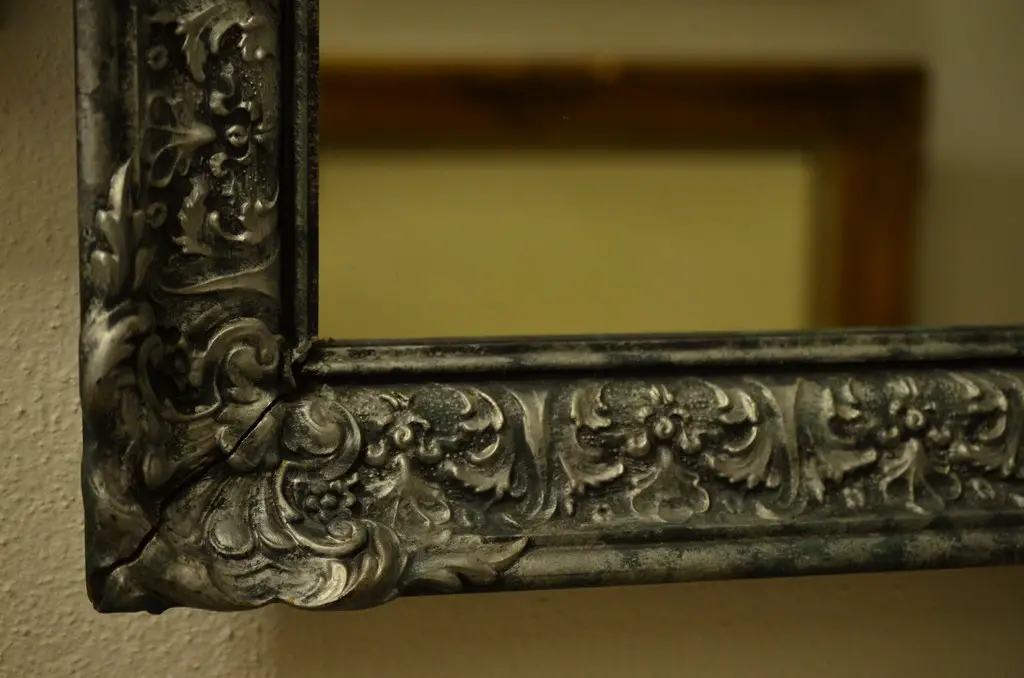
Trendy home décor may come and go, but unique or well-crafted pieces have lasting value. Whether it’s a vintage mirror, a handmade vase, or an inherited painting, these items add character to your home in a way that mass-produced decorations cannot. While you may not have a place for them now, trends cycle back, and what seems outdated today could become a statement piece in the future.
Instead of discarding decorative pieces, consider storing them until inspiration strikes. Even if your tastes change, high-quality décor can often be repurposed or refreshed with a new coat of paint, different framing, or creative placement. Keeping these one-of-a-kind pieces ensures you always have options for evolving home aesthetics.
12. Craft Supplies and Tools
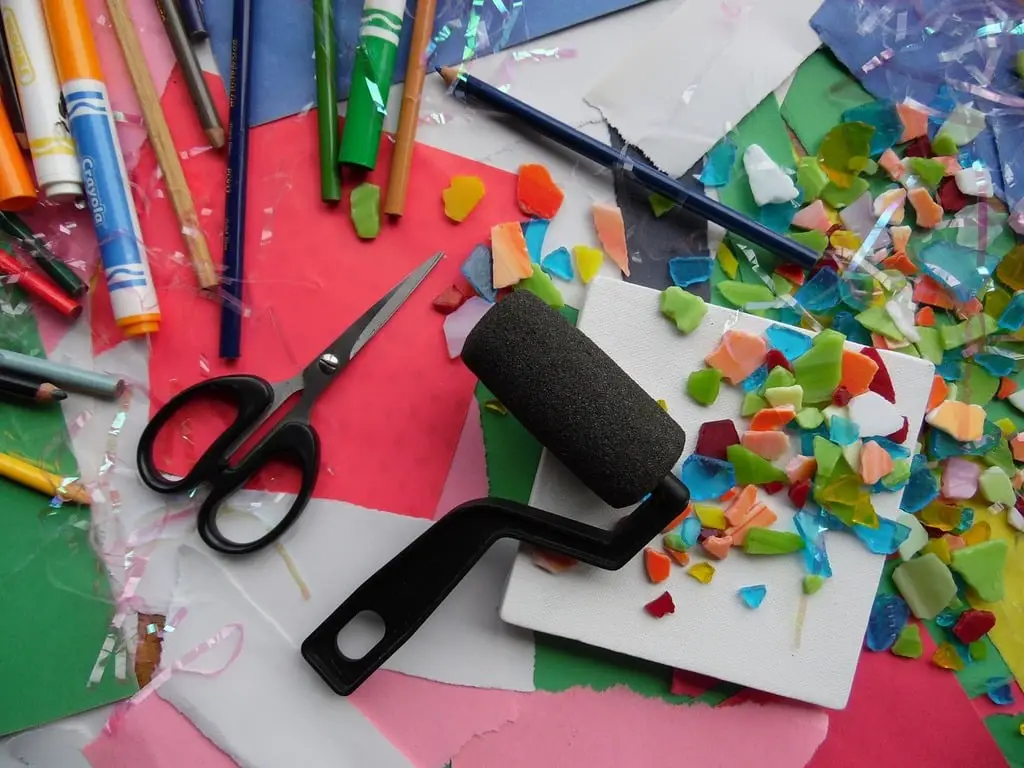
Hobbies evolve, but that doesn’t mean you should discard expensive or useful craft supplies. Whether it’s painting materials, knitting needles, or woodworking tools, keeping a well-stocked collection ensures you’re always ready to create. Even if you take a break from a particular craft, you may find yourself returning to it years later, saving yourself the cost of repurchasing supplies.
Additionally, craft materials often have multiple uses beyond their original purpose. Fabric scraps can be turned into repairs, old canvases can be repainted, and leftover yarn can be donated to community projects. Rather than tossing them, organize them neatly in labeled bins so they remain accessible when inspiration strikes again.
13. Old Electronics and Accessories
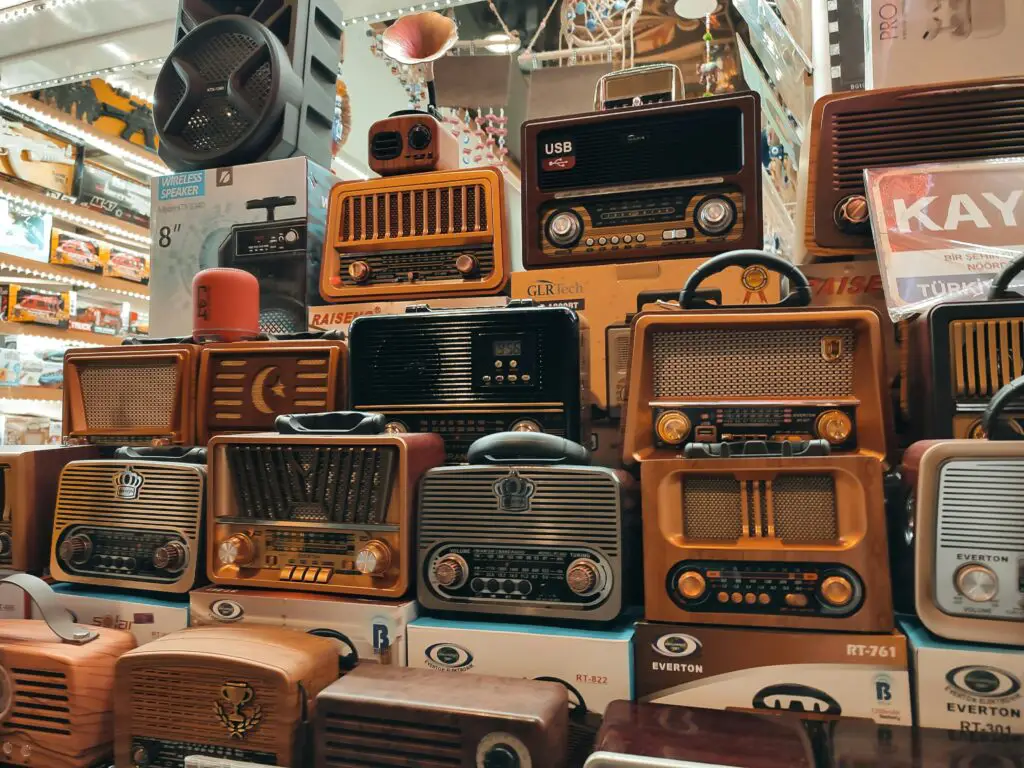
Outdated electronics might seem useless, but they often retain value as collectors’ items or backup devices. Vintage gaming consoles, record players, and even early-model smartphones can become desirable over time, fetching surprising prices from enthusiasts. Even if they no longer serve their original function, they can be repurposed or displayed as nostalgic décor.
Additionally, extra chargers, cables, and adapters can come in handy for emergencies. Technology changes rapidly, and a replacement part for an old device may be difficult or expensive to find later. Keeping a small storage box for miscellaneous tech accessories ensures you won’t be scrambling when you need an unexpected connection.
14. Holiday Decorations
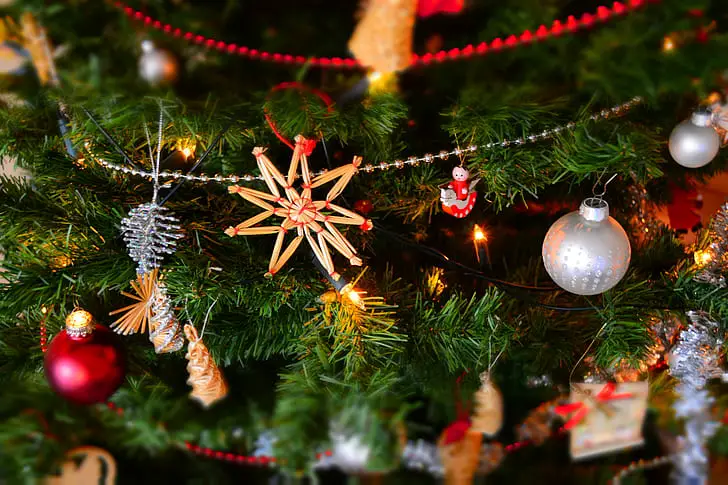
Seasonal decorations might only come out once a year, but they hold special significance for many families. From nostalgic ornaments passed down through generations to handmade wreaths crafted with care, these pieces are tied to cherished holiday traditions. Discarding them in the name of decluttering can mean losing sentimental value that can’t be replaced.
Instead of throwing them away, invest in proper storage to keep decorations in good condition. Labeling boxes by holiday and wrapping delicate items in tissue paper can help preserve them for future celebrations. By keeping meaningful decorations, you maintain the joy and continuity of annual traditions without needing to start from scratch each year.
15. Childhood Memorabilia
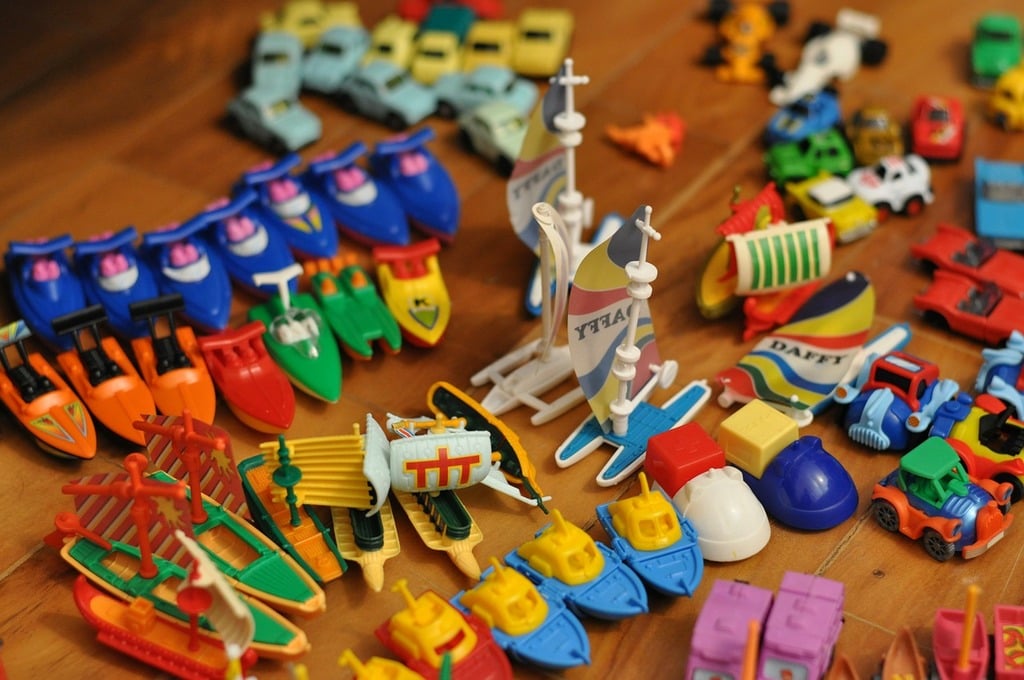
Old yearbooks, trophies, and childhood artwork might not serve a practical purpose, but they are a part of your personal history. These items offer a window into your past, reminding you of significant milestones, friendships, and achievements. While you may not look at them often, they can provide comfort and nostalgia when you do.
If you’re hesitant to keep everything, curate a small collection of the most meaningful pieces. A designated memory box or scrapbook allows you to preserve special moments without overwhelming your storage space. Looking back on them years later can be a rewarding experience, offering a glimpse into the person you once were.
16. Photographs and Photo Albums
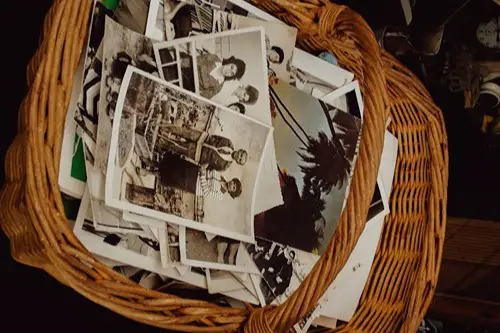
Family photos, whether printed or in albums, are irreplaceable snapshots of your personal history. Unlike digital files, which can be lost to corrupted drives or outdated formats, physical photos preserve moments in a tangible way. Tossing them means losing more than just images—you lose the stories, people, and emotions tied to them. Even if duplicates exist, originals often hold a charm and authenticity that can’t be replicated.
Instead of discarding old photos, consider digitizing them while keeping the originals safe. Albums can be stored in protective cases, or individual photos can be framed and displayed. Even faded or worn images carry an aesthetic and emotional value that future generations may treasure. Photos aren’t just paper; they’re time capsules worth keeping.
17. Tools and Hardware
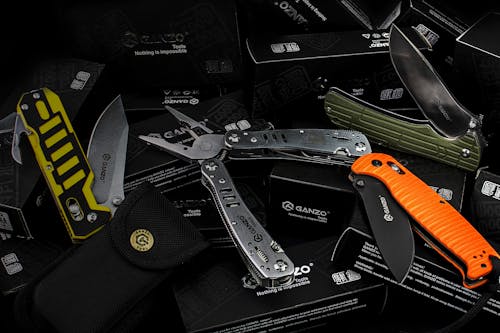
Decluttering might tempt you to toss that rusty hammer or half-empty box of screws, but tools are practical items that almost always come in handy. From tightening loose furniture to fixing a leaky faucet, basic tools can save you from costly repairs or service calls. Even if you don’t consider yourself handy, having a few essential tools ensures you’re prepared for small tasks. Getting rid of them often leads to frustration when a quick fix becomes impossible.
Instead of discarding them, organize tools into a toolbox or pegboard system. Extra nails, screws, or bolts may seem insignificant, but they often solve unexpected problems. Even older or duplicate tools can be donated if truly unnecessary, but having a well-stocked supply is usually better than starting from scratch. Tools are the type of “just in case” items you’ll almost always be glad you kept.
18. Jewelry and Watches
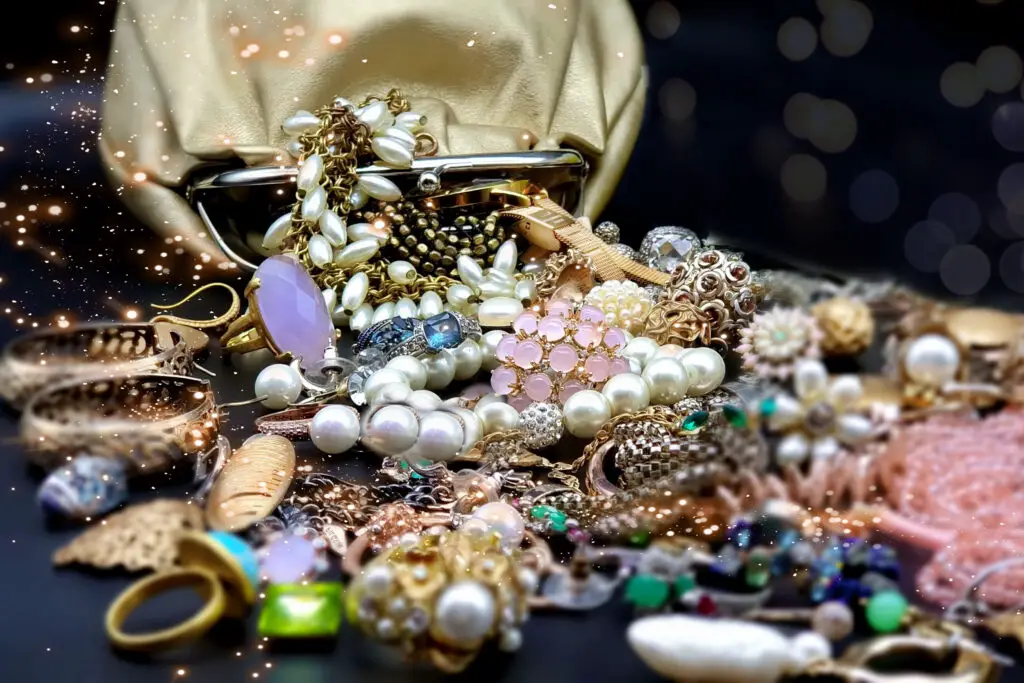
Fashion trends may come and go, but quality jewelry and watches rarely lose their value. Even if you don’t wear them often, pieces made of gold, silver, or precious stones carry lasting worth—both sentimental and financial. Family jewelry can become heirlooms, while even simple items may be worth repairing or resizing. Tossing them means parting with objects that often increase in value over time.
Instead of discarding unused jewelry, consider repurposing it. A jeweler can redesign an outdated piece, or watches can be restored to working condition. Storing them in a safe jewelry box ensures they remain protected until you’re ready to wear or pass them down. Jewelry isn’t just an accessory; it’s a long-term investment.
19. Musical Instruments
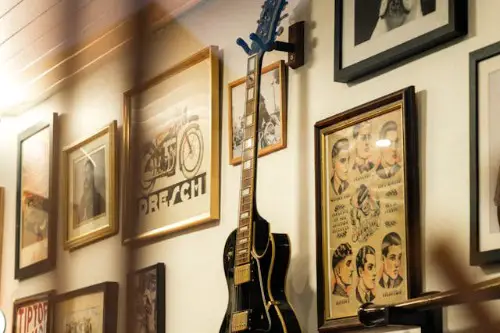
Even if you no longer play, musical instruments deserve a place in your home. A guitar from college, a childhood violin, or a family piano carries memories and creative potential. Instruments are often expensive to replace, and once gone, they can be difficult to reacquire. Keeping them means preserving opportunities for creativity, nostalgia, and even passing them down to children.
Instead of letting instruments gather dust, consider incorporating them into your décor or offering them to a family member eager to learn. Regular maintenance can keep them in playable condition, ensuring they retain their value and functionality. Instruments often hold both artistic and sentimental meaning, making them far too valuable to toss. Music is timeless, and so are the tools that create it.
20. Travel Souvenirs
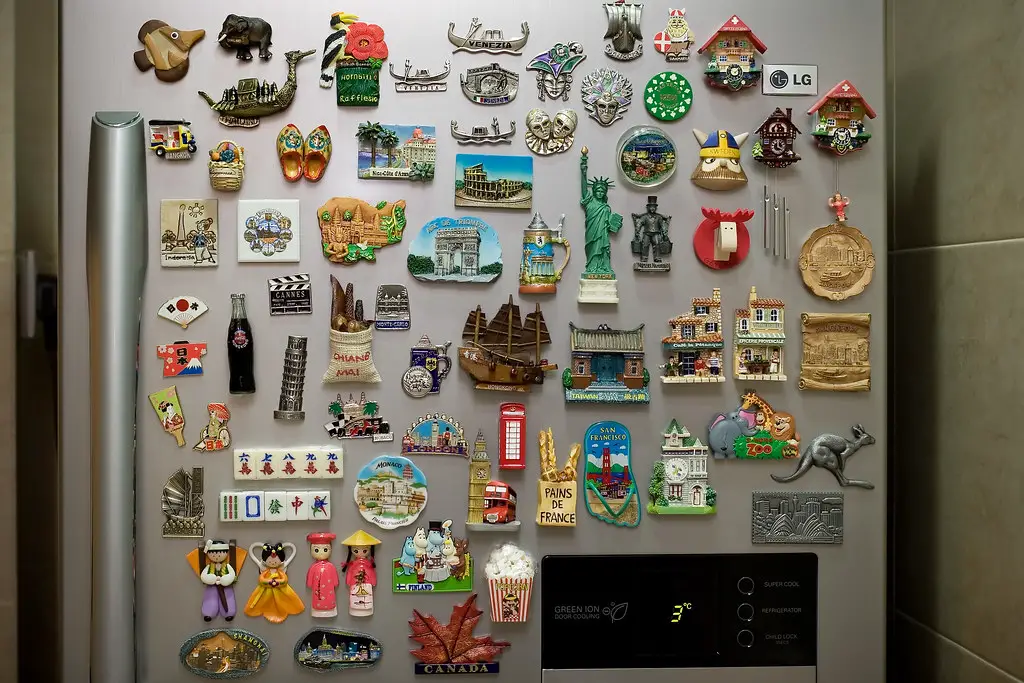
Souvenirs might look like clutter at first glance, but they serve as tangible reminders of adventures and experiences. A keychain from Paris, a hand-carved trinket from a local market, or a postcard from a long-ago trip carries memories that photos alone can’t capture. Tossing them may seem like simplifying, but it also erases the personal story of your journeys. Even the smallest keepsakes can spark joy when revisited years later.
Rather than discarding souvenirs, find creative ways to display or store them. Shadow boxes, travel journals, or themed shelves can turn small objects into meaningful décor. If storage space is tight, keep only the most significant pieces while still preserving the essence of your travels. Travel souvenirs may not have financial value, but their sentimental worth is immeasurable.
21. Recipes and Cookbooks
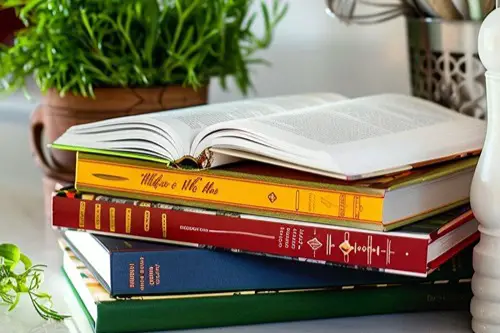
In the digital age, it’s tempting to rely solely on online recipes. However, handwritten cards, family recipe books, and well-loved cookbooks carry tradition and personal meaning. These aren’t just instructions for meals—they’re connections to people, cultures, and memories. Tossing them in the name of minimalism risks losing family heritage passed down through food.
Instead of discarding, preserve old recipes in binders, boxes, or digital backups while keeping originals intact. Stained pages and notes in the margins tell their own story, reflecting the meals and moments shared over the years. Even if you rarely cook from them, they hold a place in family history. Recipes are a form of legacy worth keeping.
22. Collections and Hobbies
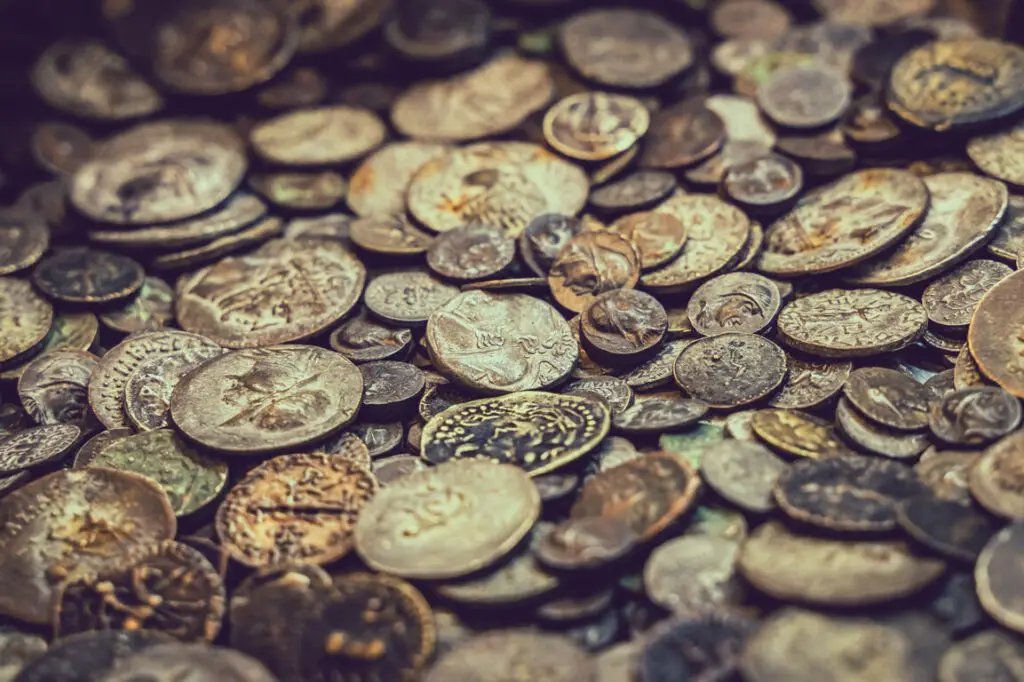
Stamp books, coin collections, or baseball cards may feel like clutter if they sit unused, but collections often hold both personal and financial value. They reflect years of interest, dedication, and sometimes significant investment. Even if your tastes change, collections can be revisited later or passed on to someone who appreciates them. Tossing them risks erasing part of your personal identity.
If storage is an issue, organize collections into albums, display cases, or storage boxes to keep them preserved. Consider documenting them digitally for insurance or personal records. Even if they aren’t actively growing, collections can become cherished conversation pieces or valuable heirlooms. Hobbies aren’t just pastimes—they’re parts of who you are.
23. Old Letters and Diaries
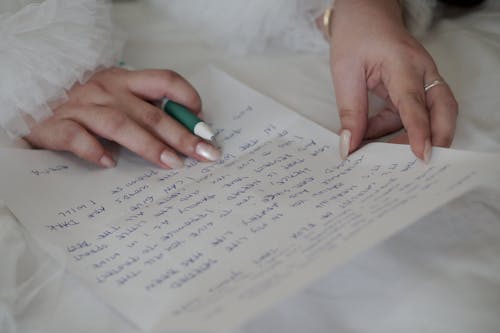
Personal writings—whether letters, journals, or diaries—carry irreplaceable insight into your life and the lives of loved ones. These documents often reveal thoughts, emotions, and details that memory alone can’t capture. Tossing them may feel like freeing up space, but it also means losing pieces of your personal history. What may seem unimportant now can become invaluable years later.
Instead of discarding, keep these writings in a safe, dry place where they won’t deteriorate. Consider organizing them chronologically or digitizing them for preservation while keeping originals intact. Diaries and letters are often the most meaningful items rediscovered after years in storage. They are personal legacies that deserve to be protected.
This post 23 Things You Should Never Toss, No Matter What Decluttering Gurus Say was first published on Greenhouse Black.
